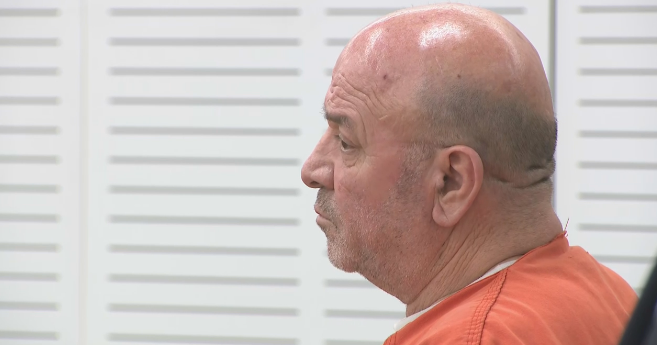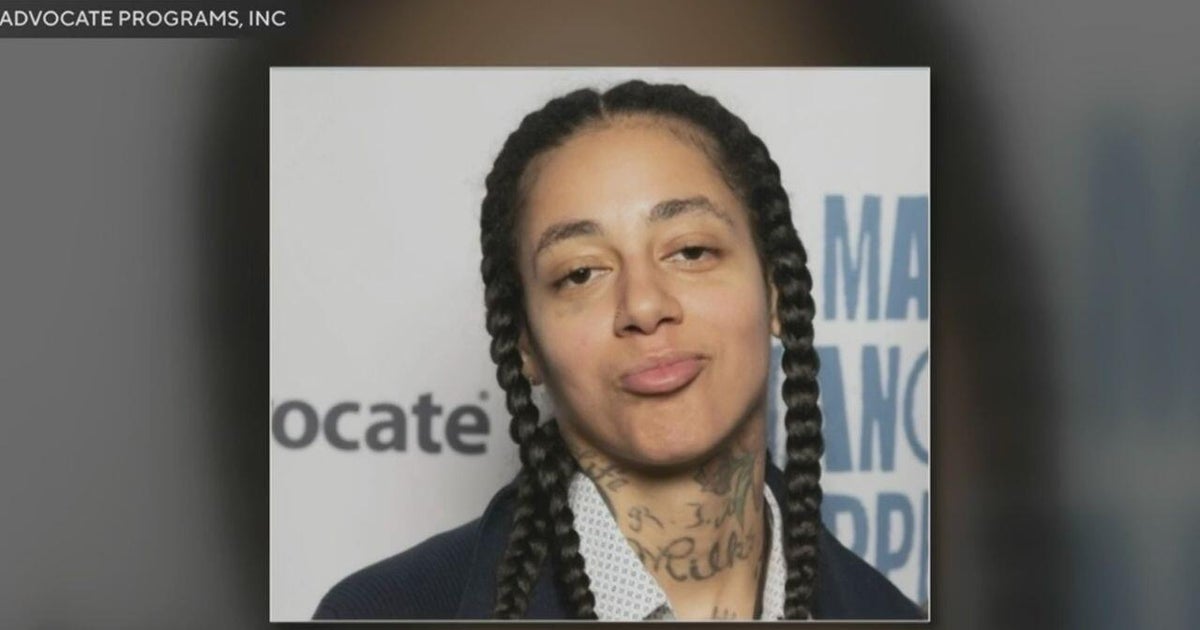Prosecutor: Wis. Dad Was Sane When He Killed Girls
HUDSON, Wis. (AP) — A Wisconsin man who has admitted he killed his three young daughters was an angry, jealous person who decided that his "selfish desire for revenge" was worth more than his girls' lives, a prosecutor said during closing arguments Tuesday.
But defense attorneys for Aaron Schaffhausen said their client loved his girls, and the only way he could have killed them would be because he was mentally ill.
Schaffhausen, 35, has pleaded guilty in St. Croix County Circuit Court to three counts of first-degree intentional homicide and one count of attempted arson. But he maintains he's not responsible for killing 11-year-old Amara, 8-year-old Sophie, and 5-year-old Cecilia because of a mental illness.
Jurors, who will determine Schaffhausen's sanity, got the case Tuesday afternoon.
For Schaffhausen, the stakes are likely the difference between spending the rest of his life in prison, if he's judged sane, or being committed to a psychiatric institution from which he might someday be released.
"Please do not be fooled into thinking that just because a father murders his children that he must be insane," prosecutor Gary Freyberg told jurors. He said Schaffhausen is a manipulator who knew what he was doing, and the fact that he tried to conceal evidence after the killings shows he was in control.
"This isn't just sad," Freyberg said. "This is unbelievably selfish, cowardly, callous and mean. ... But it's not legal insanity."
Defense attorney John Kucinski told jurors that Schaffhausen has a rare mental disorder, rooted in a deep dependency on his wife. Kucinski said the only way Schaffhausen believed he could "solve" that problem was to commit suicide or homicide.
He pointed to a defense expert, who testified the crime was a case of "catathymic homicide," evident by months of unwanted fantasies or desire to kill his girls, followed by a violent act — then a feeling of relief.
He said the slayings were "psychogenetic killings" that arose from Schaffhausen's mental disease, triggered by the end of his marriage and loss of his children through divorce.
"There is nobody involved in this case that deserves an iota of blame because they could not know how ill his mind is," Kucinski said. "None of this is anybody's fault ... you just look at the guy and he doesn't look as sick as he is."
But Freyberg poked holes in that theory, saying the motive for these murders was revenge.
"These children did not have to die. They died because their father made a choice," Freyberg said. "He chose to kill them and betray everything that a parent stands for because he was jealous and angry."
Aaron and Jessica Schaffhausen divorced in January 2011. Jessica and the girls stayed in the house in River Falls. Aaron took a construction job in Minot, N.D.
According to the complaint, Aaron Schaffhausen texted his ex-wife July 10 to ask for an unscheduled visit with the girls. She consented but said he had to be gone before she got home because she didn't want to see him. The girls' babysitter told investigators the children were excited when he arrived. The babysitter left. He called his wife about two hours later to say he'd killed their children.
Police arrived to find the girls lying in their beds, their throats slit and their blankets pulled up to their necks. White t-shirts were tied around their necks to keep their blood off his own clothes as he put them in bed, prosecutors said. Cecilia also showed signs of strangulation.
Under Wisconsin law, to find Schaffhausen insane, at least 10 of the 12 jurors must find evidence that shows he suffered from a "mental disease or defect." If they find that to be true, they also must find that the mental defect led him to lack the capacity either to appreciate the wrongfulness of his conduct or conform his conduct to the requirements of law.
(© Copyright 2013 The Associated Press. All Rights Reserved. This material may not be published, broadcast, rewritten or redistributed.)







